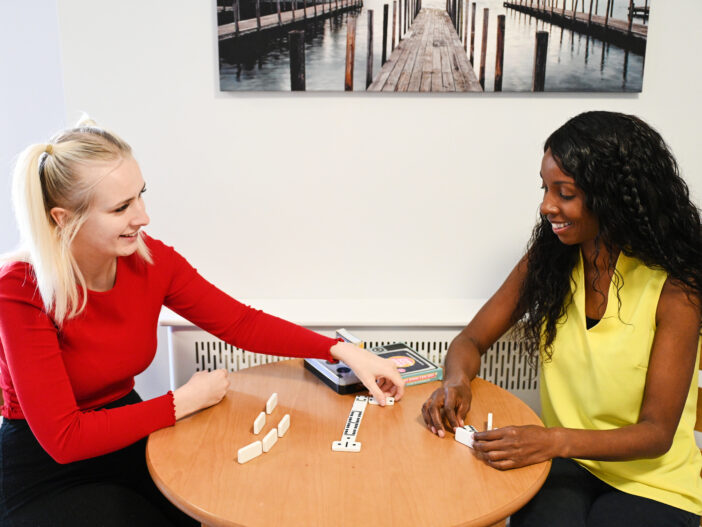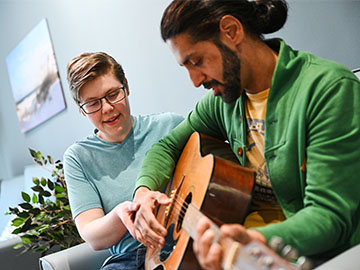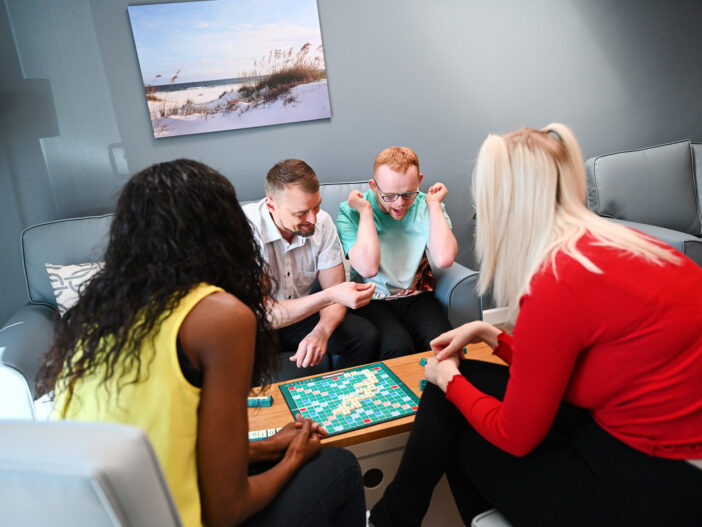Getting an adult diagnosis of autism
According to the National Autistic Society, there are around 700,000 people on the autism spectrum in the UK. That is more than 1 in 100 people, and if you include their families, autism is part of daily life for 2.8 million people. But autism can be a hidden disability, and many people go through childhood undiagnosed. As they get older, the symptoms of their condition can become more obvious or manifest in unusual ways.
If you have undiagnosed autism, you may have gone through life just feeling like you don’t fit in. You may struggle with social situations or just avoid things that make you feel uncomfortable or anxious. As an adult, you may feel there is no real need to get a formal diagnosis, but there are many benefits to getting a thorough assessment.
A diagnosis can help you to understand why you struggle in certain situations, and help you find ways to deal with them differently. You may have already been misdiagnosed with another condition, such as anxiety or depression. Getting the right diagnosis also means you can get the right treatment and access to appropriate services and benefits. Your employer may also need to make necessary adjustments.
The first step in getting a diagnosis is to contact your GP, you will need to explain why you think you might be autistic and how a diagnosis would benefit you. If your GP agrees that you need to be referred, you will be assessed by a psychiatrist, clinical psychologist or a behavioural support team.
Getting an adult diagnosis of autism can come as a shock or a relief, and there are many organisations out there who can help you to deal with the news. The National Autistic Society is the UK leading charity for autistic people and their families. They provide information and support and help to campaign for a better world for autistic people.
You can find out more about the process for getting a formal diagnosis on the NAS site.

 Views
Views 

